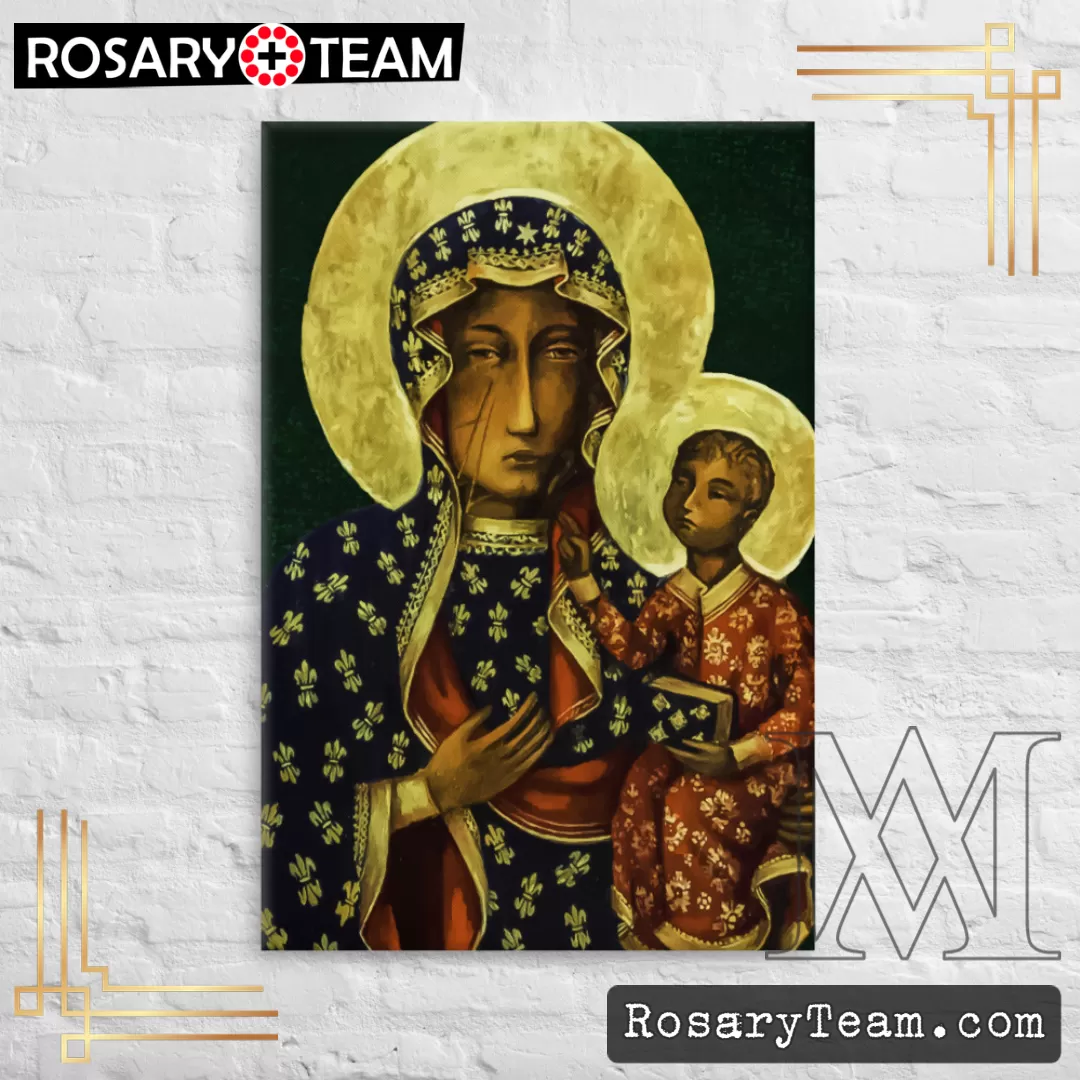Tuesday, April 4 : Saint John Chrysostom

Judas had expressed his repentance, saying: “I have sinned in betraying innocent blood” (Mt 27,4). But the devil, who had heard these words, understood that Judas was following a good path and was dismayed by this change of heart. Then he considered: “Was he thinking that his master is all kindness? The very moment he was about to be betrayed by him he wept his fate and besought him in numberless ways. It would be surprising if this master of his did not take him back as soon as he wholeheartedly repents, or will not cease to draw him back to himself if he stands up and acknowledges his sin in this way. Wasn’t this the reason he was crucified?” After these reflections he cast a deep disquiet into Judas’ mind and caused a great despair, capable of undoing him, to rise up within him; he jostled him about to the extent of pushing him into suicide, snatching life from him after stripping away his feelings of repentance. Unquestionably Judas would have been saved if he had continued to live: we have only to look at the example of the executioners. Indeed, if Christ saved those who crucified him and if, even on the cross, he still prayed to the Father and interceded for the forgiveness of their sin (Lk 23,34), how could he have not welcomed the betrayer with all loving-kindness, so long as he proved the sincerity of his conversion?… Peter drew back three times even after sharing in communion with the holy mysteries, but his tears absolved him (Mt 26,75; Jn 21,15f.). Paul, the persecutor, the blasphemer, the proud; Paul who persecuted not only the Crucified but all his disciples too, became an apostle once he was converted. God asks no more than a light repentance to grant us the remission of our sins.
Roman Catholic Ordinary Calendar – rosary,team
















